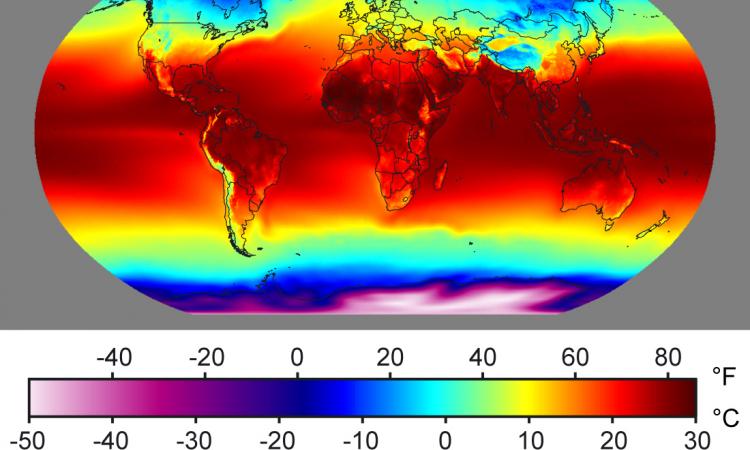
2015 the warmest year since 1850: WMO
According to the World Meteorological Organization (WMO), the global average surface temperature for 2015 was around 0.73 degree Celsius above the 1961-1990 average of 14 degrees Celcius. Moreover, the five-year period from 2011 to 2015 has been the world’s warmest period on record coupled with extreme weather events. The weather agency has also predicted that the effects of El Nino will be more visible in 2016 and thus its impact on the annual mean temperature of the coming year will be the strongest.
No more groundwater supply to Coca-Cola, demand Varanasi villagers
18 villages within a 5 km radius of the Coca Cola's bottling plant in Mehdiganj, Varanasi, have demanded an immediate ban on groundwater extraction by the plant. Per the claims of the village councils, the villages are facing water shortage since the company began its operations in the area in 1999. However, Coca Cola has asserted that the bottling plant operates in compliance with all regulatory norms.
Crops worth Rs 20K crore lost, thanks to unseasonal rains: CSE Report
Per a report titled 'Lived Anamoly' by the Centre for Science and Environment (CSE), India lost 10 million tonnes of rabi crops worth Rs 20,000 crore due to unseasonal rainfall and hailstorm between February and April this year. Owing to the losses, the country might need to import 10 lakh tonnes of wheat in 2015-16. Also, the report emphasised that extreme weather events are a threat to Indian farmers, and that the agriculture sector needs protective measures to ensure it does not decline further.
UP's Bundelkhand is in the grip of famine-like situation
The Bundelkhand region in Uttar Pradesh has seen its third successive drought. A survey 'Swara Abhiyan' has covered 27 tehsils across seven districts and found that the area is reeling under a famine-like situation. 96% of the households in the region's villages reported loss of the previous rabi crop. The nutritional levels were found to be alarming and 38% villages had reported at least one death due to hunger/malnutrition.
Experts fear the drop in Naini lake's level is an alarming sign
According to experts, the level of the Naini Lake in Uttarakhand has gone down this year due to delta formation in the lake owing to the continuous deposition of silt and debris. Currently, the depth of the lake is 28 meters and the deposited silt and debris hampers the natural course of slow drainage in the lake. No comprehensive research has been done on the lake for the last two decades, which coincides with the time when rampant construction started in the catchment area of the lake.
This is a roundup of important news updates from November 24 - 30, 2015. Also read last week's policy matters update.
Lead image source: Robert A. Rohde via Wikimedia Commons
/articles/2016-might-show-worse-impacts-el-nino-predicts-wmo